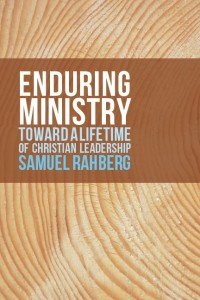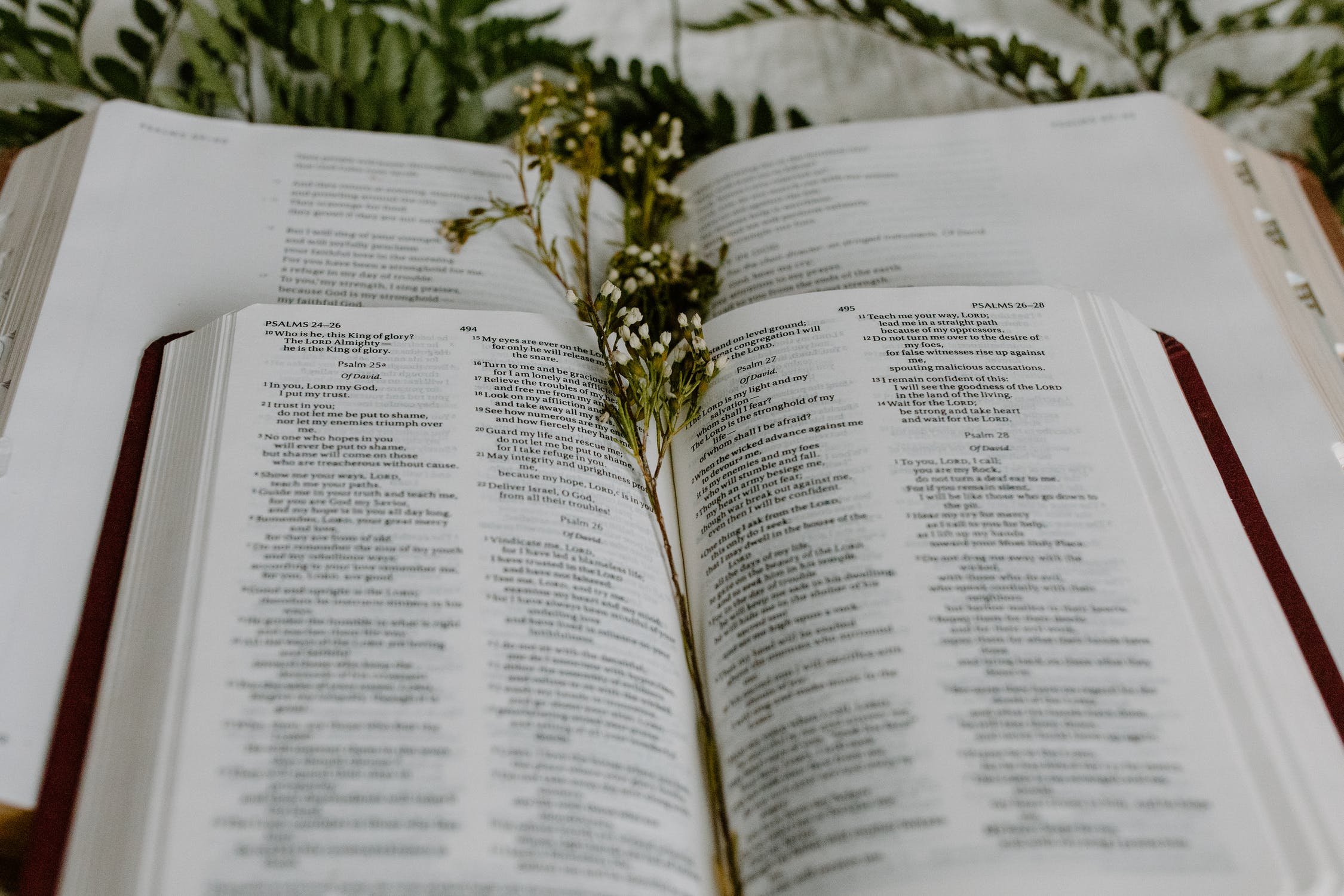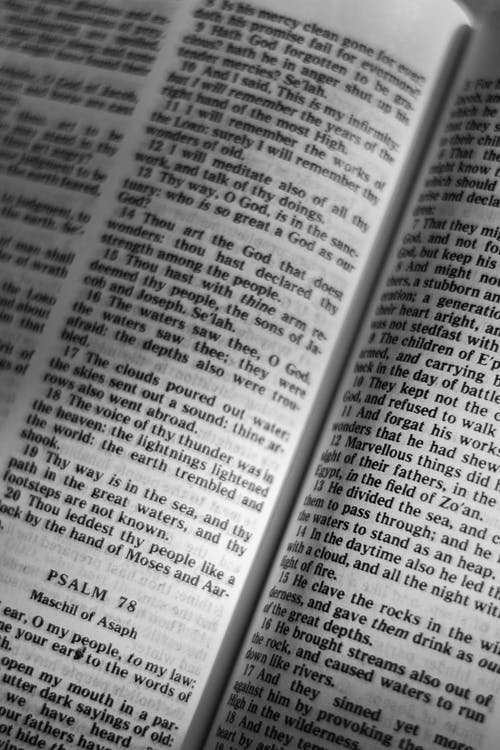The Ripple Effect of Keystone Practices
This winter, a small group discovered the ripple effects of simple habits like drinking 2 liters of water daily. Keystone practices—cornerstone habits that inspire intention and connection—can transform your days and relationships. Wood & Water Retreats invites you to reclaim or begin practices that ground and renew you. Start your year with one meaningful step.
Embodied Practices
This talk follows a presentation by Fr. Michael Peterson OSB about the vision and intersections of Laudato Si (Pope Francis' encyclical on the care for our common home) and The Rule of St. Benedict. I pick up the thread of a vision for the Common Good with Benedict's wisdom about embodied practices. Essentially, our care for one another and for the planet must be rooted in concrete expressions of a faith and commitment that reflects the Incarnation. Hosted by the Northern Midwest Plains Region of North American Benedictine Oblates.
Life IS a School for Discernment
Life has become a crash course in discernment. The learning objectives? Acknowledge pressures at a pandemic scale, turn to witness, and practice life.
Enduring Ministry Reflection, Celebrating the Release
This past week I found myself right at home in Mark 6. The disciples are sent out two by two, preaching, casting out demons, and anointing the sick. After a time they return to Jesus and tell “him all that they had done and taught” (6:30, NRSV) Jesus replies, "Come away by yourselves to a deserted place all by yourselves and rest a while" (31). Sometimes that's exactly what we want to hear, the expectation we have as we climb into the boat with Jesus. Listen for what really happens: “Now many saw them going and recognized them, and they hurried there on foot from all the towns and arrived ahead of them” (33). The disciples did not get the deserted place they wanted. What the disciples do get is a boat ride with Jesus between crowds. This book and this evening is about the boat ride. What happens, what needs to happen when we're sent out, when we're serving, and when we're on the boat journeying with Christ on the way to the next crowd so that we get off the boat and continue serving like Jesus? “As he went ashore, he saw a great crowd; and he had compassion for them, because they were like sheep without a shepherd; and he began to teach them many things” (34). Whatever happened on that boat, Jesus sets foot ashore and demonstrates an enduring ministry.
Reader's Poem: Living With Contradiction
It is curiously liberating to realize that tensions become life-giving. Christ walked in constant awareness of the world’s pain and beauty. I must accept myself in contradictions and contradictions in me. In Christ all things are held together. Recognize Christ’s love. Let yourself receive that love.
Good Zeal (Rule of Benedict, 72)
Benedict of Nursia (ca. 480-547) is one of the voices from Christian tradition who continues to help us understand what it means to walk together toward Christ the Light. The grand finale to the Rule of St. Benedict (RB) comes in chapter 72 on the topic of what Benedict calls "good zeal". (Bit of trivia: scholars agree that RB 73, the actual last chapter, functions as a bibliography). Having reached the bookend of all the wisdom collected in previous chapters, we might rightly wonder about Benedict's punch line for this vision of life in Christian community.
The Benedictine School of Spirituality (Part 3 of 3): Sustaining Lectio Divina and Preferring Nothing Whatsoever to Christ
Over time, the practice of lectio divina becomes less a set formula for prayer than a disposition of prayerfulness. We learn to slow down and trust the Spirit’s often non-linear process. We marvel at the way the Word so often speaks into our experiences and submit to the ways God is forming us today. Any fruits of that growth are noticed not necessarily within the set boundaries of “prayer time,” but in the fruit of everyday life.
The Benedictine School of Spirituality (Part 2 of 3): Praying the Psalms and Exercising Community
Thirteen of seventy-two chapters in the Rule of St. Benedict (RB) are devoted to instruction about liturgical prayer. Benedict goes to great lengths to establish a rhythm of life in community which is punctuated by prayer (the liturgy of the hours) and saturated in Scripture. Most central is praying the Psalms, which reflects the longstanding appreciation for the way this form of Scripture connects so deeply with the human experience.
Benedictine Spirituality (Part 1 of 3): Core Values
The Benedictine school of spirituality is an important voice in our world today, a voice which informs our praying, living and discerning. It is one among many schools that speak to contemporary hearts, yet it is particularly unique in its lasting impact on Western Christianity.
Benedict of Nursia lived from ca. 480 to 547 CE in Italy. The Rule of St. Benedict (RB) became a foundational text for monasticism in the West, having emerged in the sixth century as the Roman civilization was collapsing. There was societal chaos and political dissatisfaction and we might wish that the conditions of those times did not sound so familiar to our modern ears. What we know about St. Benedict himself comes to us mainly through Gregory the Great (ca. 540-604 CE), who praised Benedict for his discretion and moderation.













